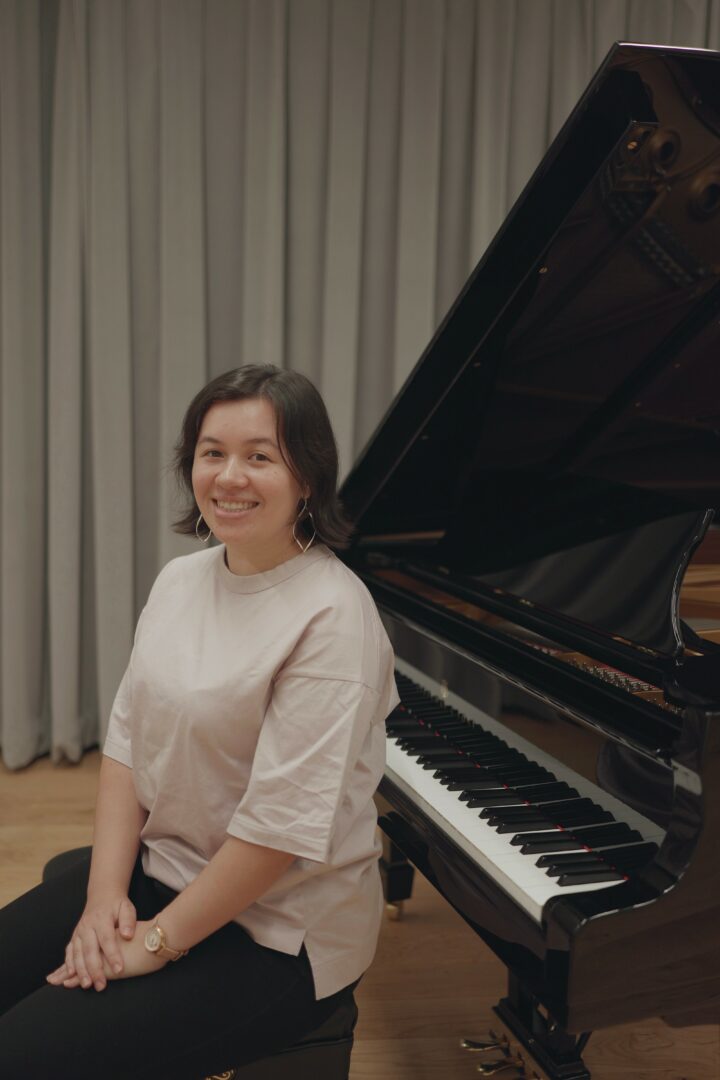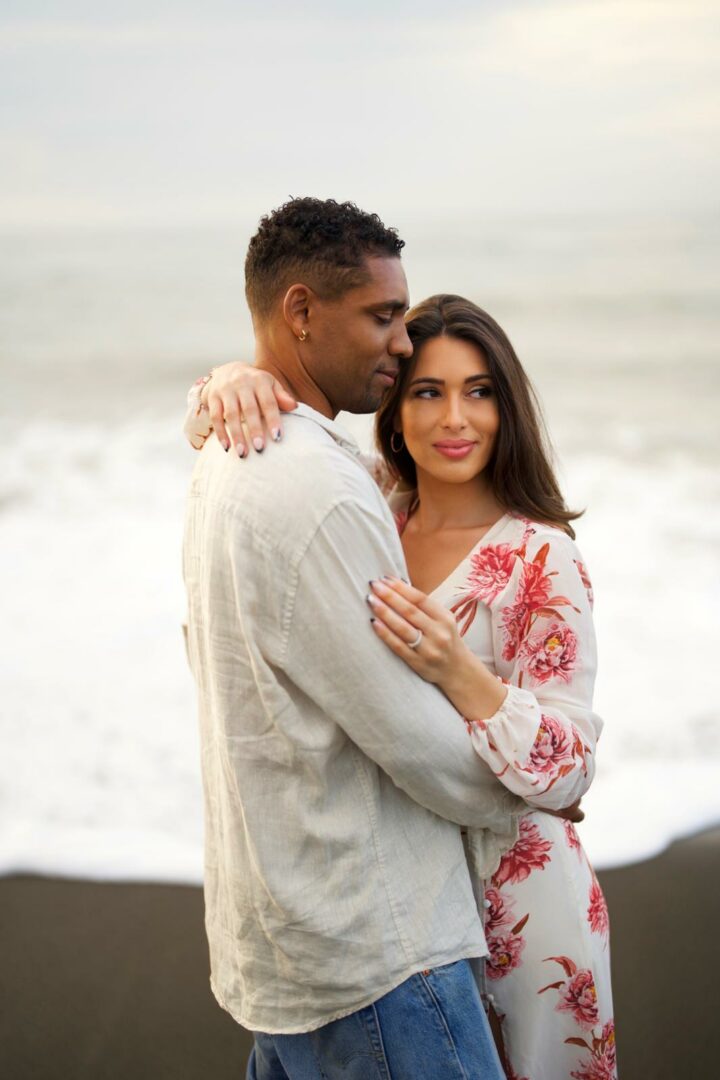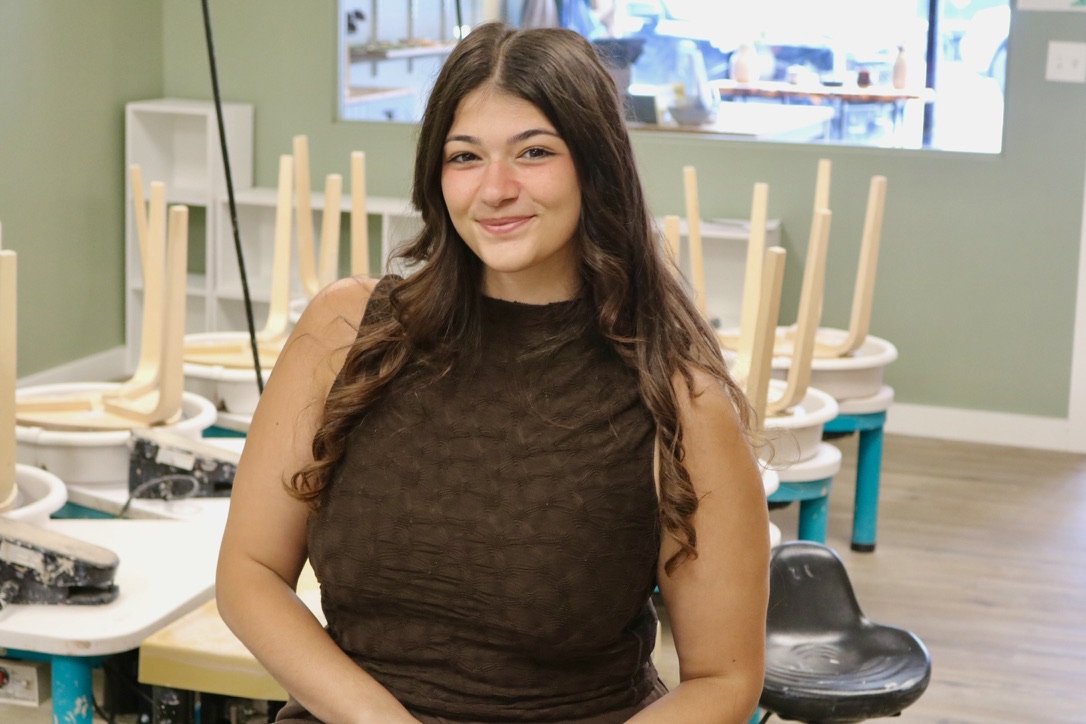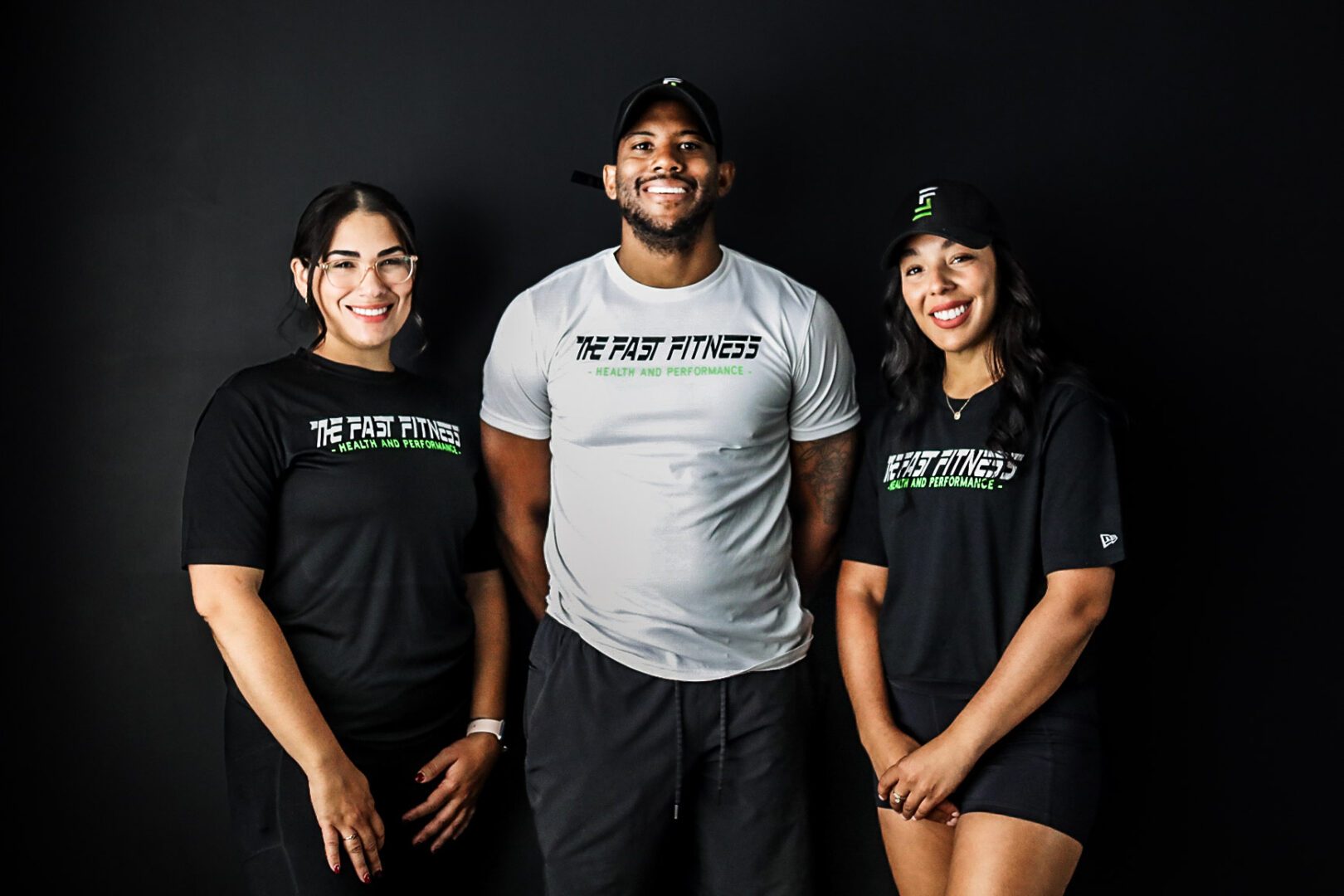We recently connected with Nina Feliciano and have shared our conversation below.
Nina, we are so happy that our community is going to have a chance to learn more about you, your story and hopefully even take in some of the lessons you’ve learned along the way. Let’s start with self-care – what do you do for self-care and has it had any impact on your effectiveness?
I practice self-care by watching television shows and movies, doing something musical, eating good food, playing board and card games, hanging out with friends, and talking to my family. I’ve been doing these fun activities for most of my life, but I only realized how important they were once I was in college. My first week on my own, I thought I should focus more of my time on studying, so I decided not to watch any Netflix. This deliberate change made me feel really miserable. At the end of the week, I realized I should continue to incorporate these self-care techniques in my life so that I could be happier. That semester, I brought back each of my self-care methods, which made my college experience way more fulfilling than that first week. Making time for these values has helped me manage my time better, recharge my energy, and feel motivated to do my work. That’s why I prioritize self-care, even when I’m busy.
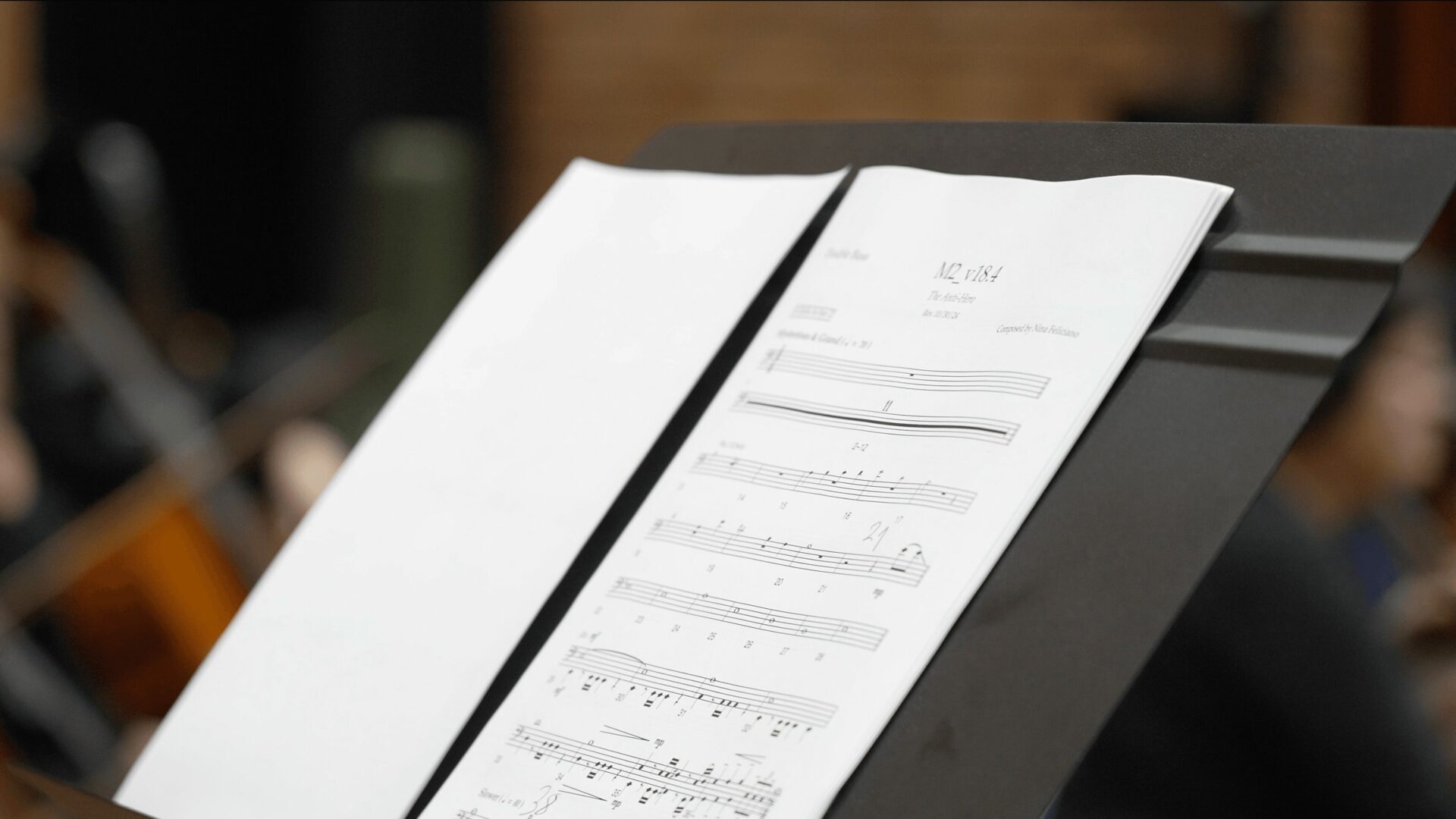
Great, so let’s take a few minutes and cover your story. What should folks know about you and what you do?
I’m currently a graduate student in New York University’s Screen Scoring program, where I’ve been learning and practicing the skills needed to work in the music industry for film, television, and video games. What is special about writing music for visual media projects is that it involves so much collaboration. When I’ve worked on student films, the collaboration has been between me and the filmmaker. For bigger productions, the collaboration also exists within the greater music team. Some of the other roles include, but are not limited to, the orchestrator, the copyist, the score producer, the recording engineer, the music editor, and the mixing engineer.
In general, I really like working in team settings, especially when they’re related to music, film, and television. From my experience collaborating with a filmmaker, I’ve enjoyed brainstorming ideas for what the music could sound like, where it could start and end in the film, what its function could be when paired with the visuals, and how all these parts relate to the filmmaker’s story and creative vision. Overall, it’s gratifying to be able to compose music that makes both me and the filmmaker happy.
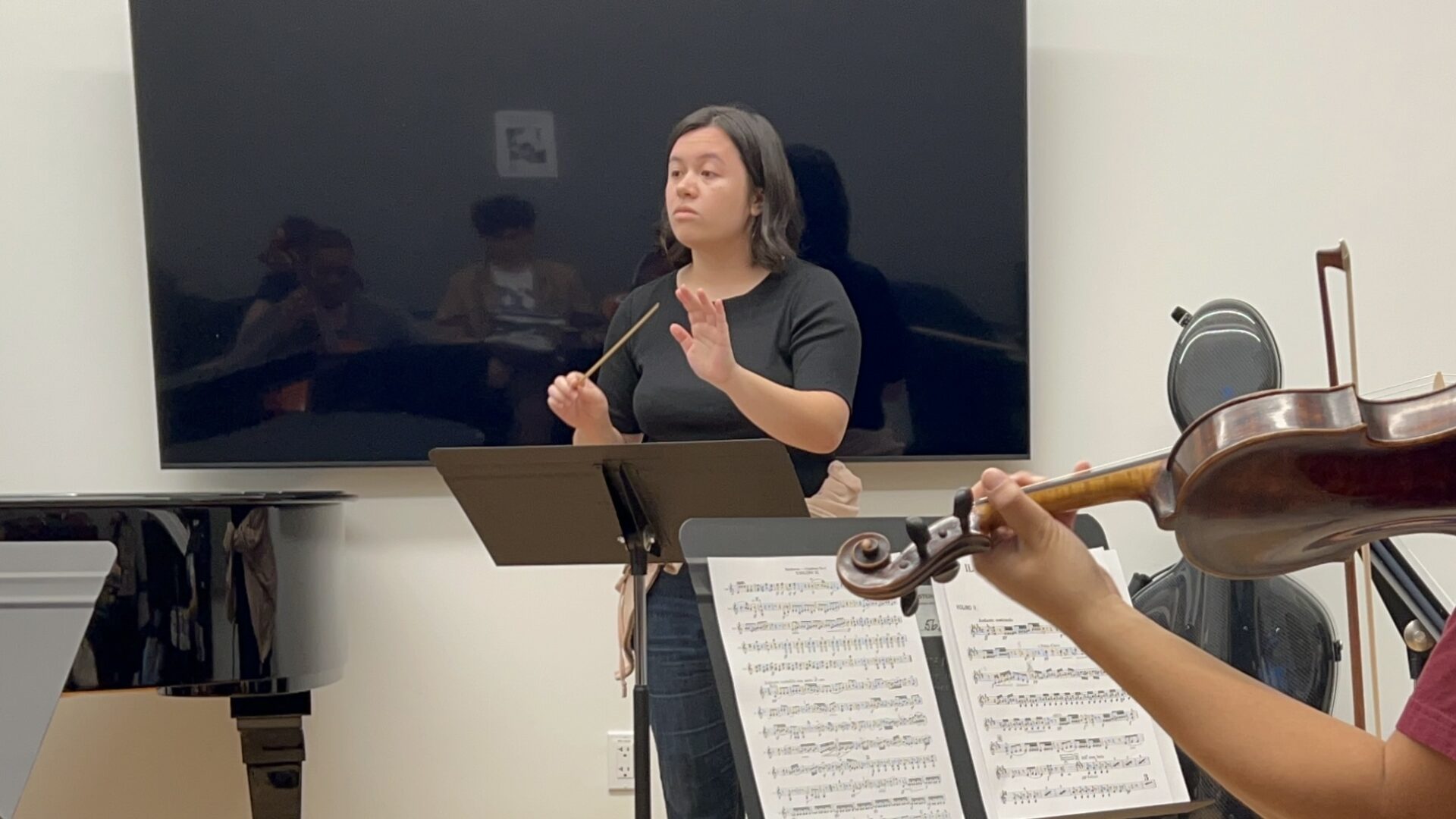
If you had to pick three qualities that are most important to develop, which three would you say matter most?
The three key things that have helped me as a film composer have been learning the technology needed to score to picture, watching various films and television shows, and networking. Learning how to use a digital audio workstation, also known as a DAW, has made it easier for me to consolidate my composition process. I can bring the film into the software, play my musical ideas, determine how they fit to the picture, organize them, and store them, all in one place. Also, watching a variety of movies and television shows have shown me the ways in which music is used in this form of media. This is how I’ve gotten a better understanding of where music can be placed, how music can sound for particular types of scenes, and how music can function in a scene, which are all useful aspects to keep in mind when working with a filmmaker. Lastly, networking has given me the opportunity to work with talented filmmakers. I was able to meet them by going to networking events and through introductions by friends and family.
For the aspiring film and television composers, I would recommend familiarizing yourself with the DAW. This can be through self-exploration, video tutorials, classes, the DAW’s manual, or a combination of all these ideas. I also suggest watching many films and television shows to get a better feel for how the music can work in this context. Observing how music is used in media of different genres, countries, and eras can teach you so many fascinating lessons. Additionally, networking is something you can start now! Networking in the ways I talked about earlier can assist you in finding collaborators. Additionally, conducting informational interviews with film composers is an excellent way to hear more perspectives on how to write for visual media. I think each of these three key things can help you get started on your journey!
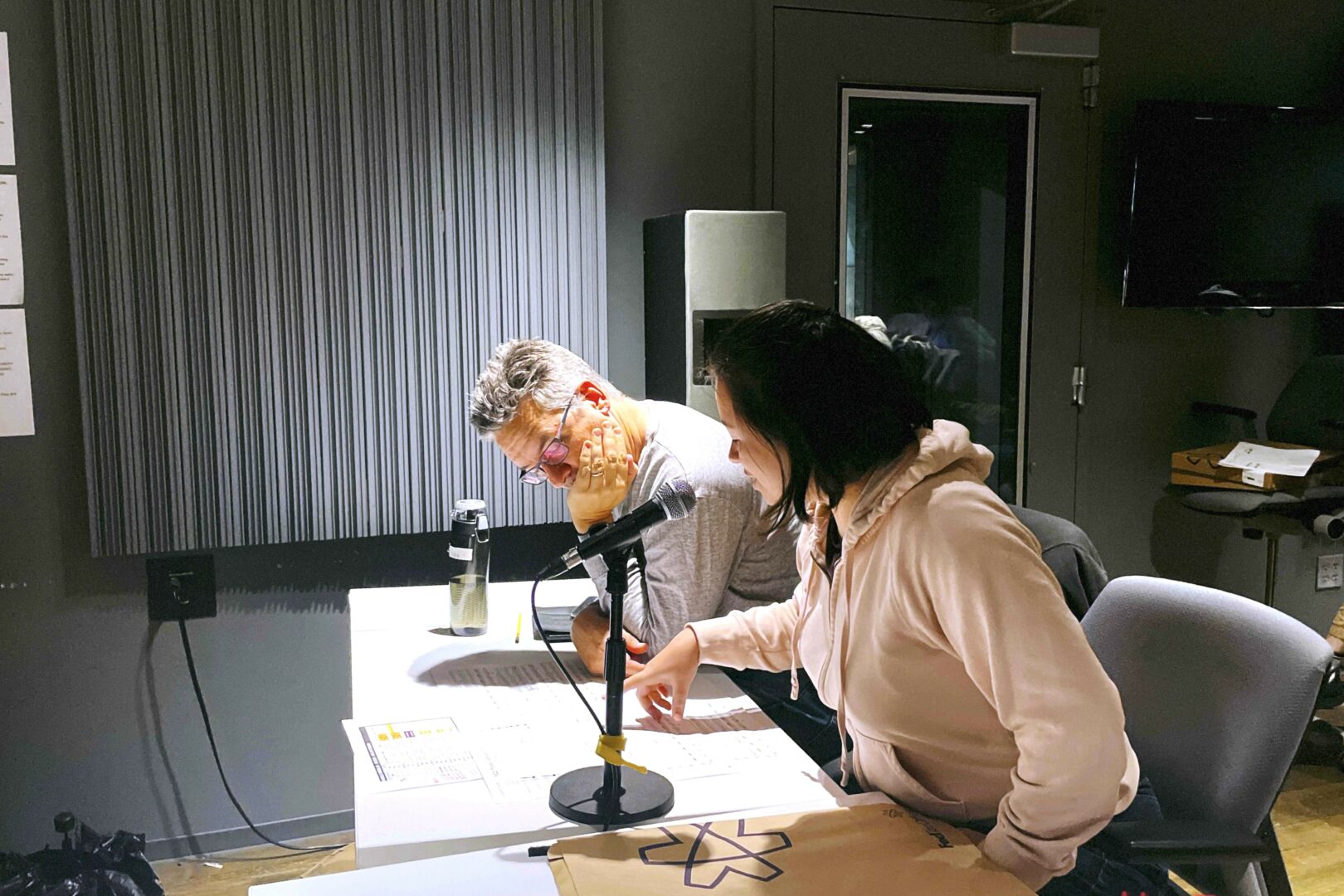
If you knew you only had a decade of life left, how would you spend that decade?
When I’m composing, I find it challenging to be spontaneous. Before I start writing anything down, I tend to mentally plan out my compositions. I typically figure out what the composition looks like section by section in terms of dynamics and texture. However, when I start working on it in my DAW or notation software, sometimes my initial ideas don’t work out as I had planned. Even then, I tend to keep composing until I make it work, which makes the composition process less fun.
Recently, I had to write a string orchestra piece that was centered around textures versus melody. At first, I was planning on writing a piece that was reminiscent of outer space. After testing multiple ideas for a good amount of time, I decided to try something new: rely on my spontaneity. A melodic pattern came to me, and then I instinctually came up with other textures to layer on top of it. The process felt very organic and fun, as opposed to forced.
Although it’s pleasing to successfully execute my planned-out compositions, being spontaneous is also very important. Without spontaneity, it would be hard to produce new music that is innovative, unexpected, and unique.
Contact Info:
- Website: https://www.ninafmusic.com/
- Instagram: @ninafmusic
- Linkedin: https://www.linkedin.com/in/nina-feliciano/
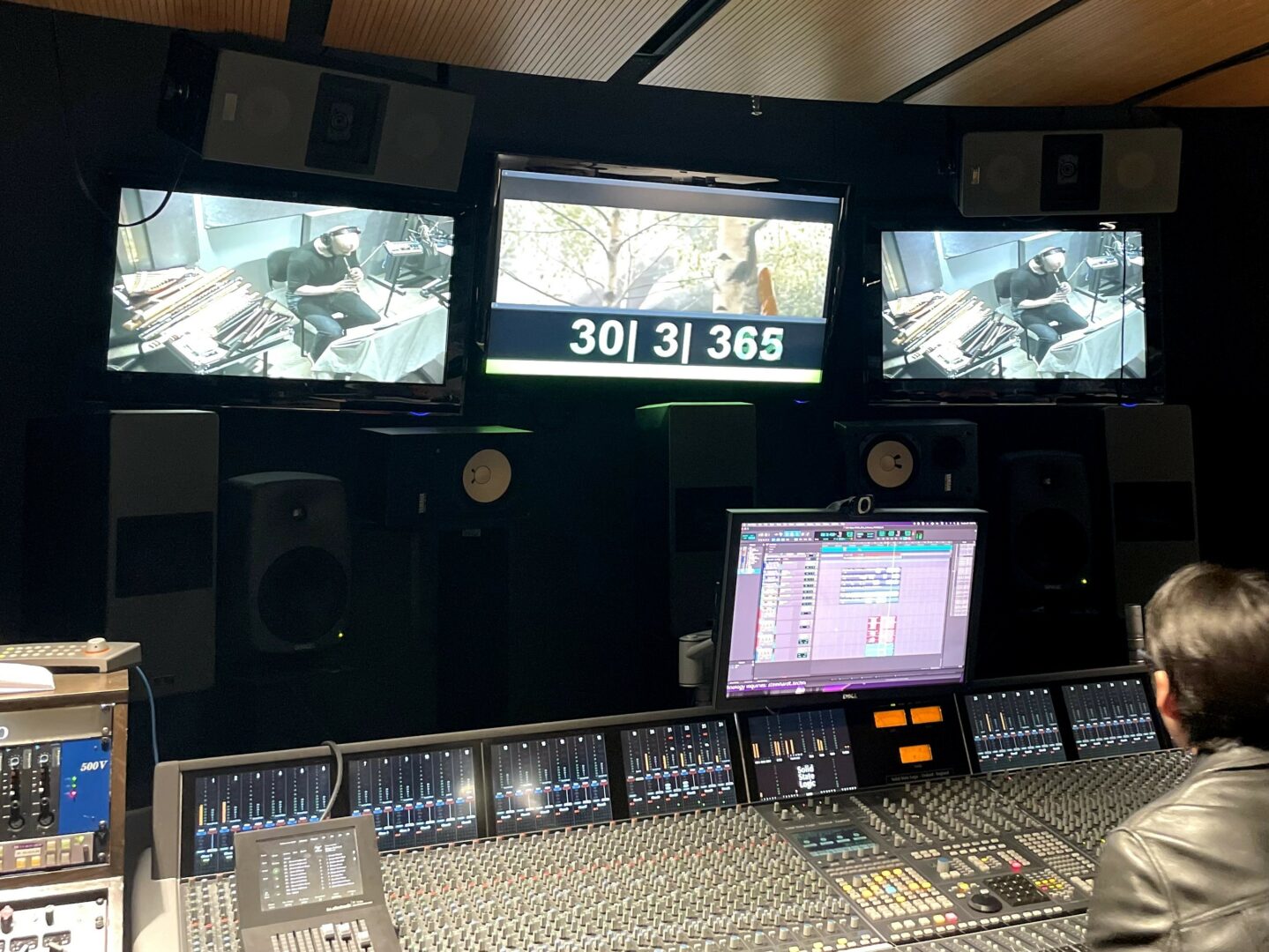
Image Credits
January Yucheng Li
Csévi Márton and Tóth Attila provided by Musiversal
Leia Sofía Méndez
Dani Martinez
so if you or someone you know deserves recognition please let us know here.

